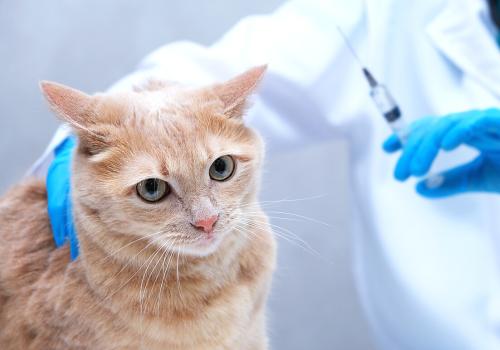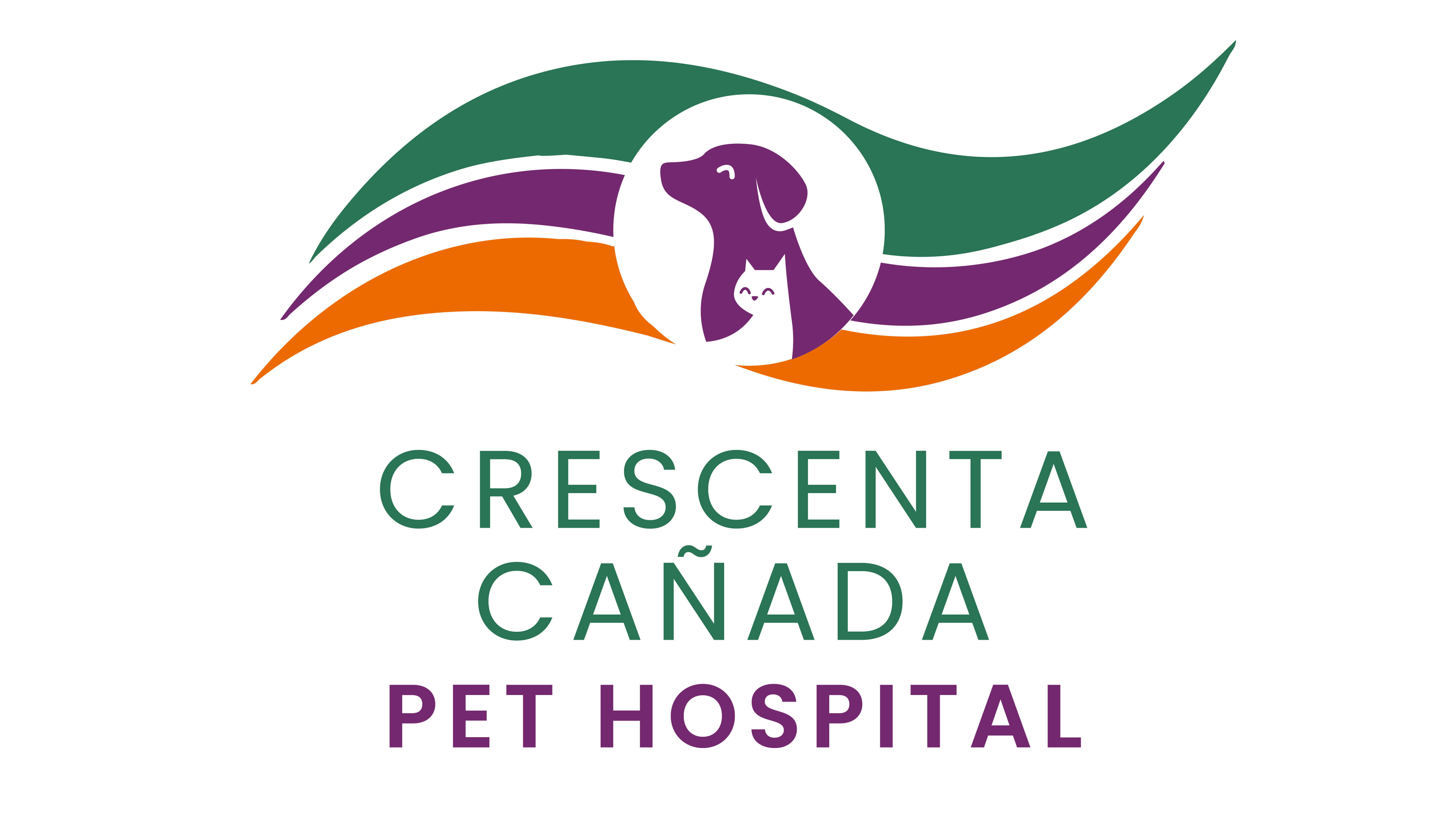As a pet parent, scheduling regular cat wellness exams is one of the best ways to keep your feline friend healthy and happy. You might not be fully aware of how often your cat needs this type of care, though, or what it entails. If you are new to cat ownership, you’ve likely turned to the Internet to search for answers to your questions. Unfortunately, not everything you find online is true, nor does it all provide the type of information your veterinarian would like you to have. That’s why the veterinarians here at Crescenta Cañada Pet Hospital decided to take the most commonly asked questions about cat wellness exams to provide you with the accurate, thorough answers you need to keep your precious pet healthy.
If you are searching for a skilled veterinarian in La Crescenta, CA, we’d love to help. The first step is bringing them in for a wellness exam to get them on the path to good health. Give us a call at (818) 248-3963 today to schedule an appointment.
What is a cat wellness exam?
A cat wellness exam is an exam that we regularly conduct to ensure the longevity of your cat and look for potential signs of health problems. It consists of a comprehensive physical exam plus conversations about critical preventative services, such as vaccinations. Your cat’s wellness appointment is also an excellent time to bring up any questions or concerns you may have about their health, diet, or behavior.
A typical feline wellness exam begins with checking the patient’s teeth, ears, eyes, musculoskeletal system, neurologic system, and abdomen. Generally, we start at the head and work our way back to the tail. As your cat’s veterinarian, we will tailor their wellness exam to suit their unique needs. If, for example, we know that your kitty is prone to ear infections, we might spend extra time examining their ears. We encourage you to bring up any questions or concerns you may have to ensure we can provide the best and most complete wellness care for your feline friend.
Is there anything specific you'll be looking for during my cat's wellness exam?
We’ll look for several things during your cat’s wellness exam. In addition to assessing their overall condition, we’ll search for abnormalities that could indicate underlying health problems.
Some of the most common things we look for during feline wellness exams include:
- Abnormal lumps or bumps
- Cloudiness in their eyes
- Redness or excessive wax accumulation in the ears
- Damaged or missing teeth
- Signs of pain or discomfort
- Gum Disease
- Skin irritation
- Parasites
We also listen to our patients’ hearts and lungs to listen for signs of fluid in the chest, heart murmurs, and abnormalities in the respiratory system.
Will my cat’s wellness exam require any specific lab work or procedures?
We may recommend lab work and additional procedures depending on your cat’s age, lifestyle, and other factors. We often suggest routine screening to monitor baseline values and keep an eye out for common health problems. If you have recently adopted a kitten, they might need a fecal test to check for parasites and feline leukemia or FIV screening.
If your cat is a senior or has a medical issue, we may recommend blood work and X-rays of the heart, lungs, and joints. We will help you determine which tests and procedures would provide the most significant benefit to your cat.
How does wellness impact the longevity and health of my cat?
The primary goal of wellness care is the prevention of disease. After all, preventing a problem is much easier and more effective than treating or curing something that has already occurred. Keeping up with annual cat wellness exams also allows us to catch potentially life-shortening problems in their earliest stages. This typically results in a much better prognosis and allows your cat to maintain a good quality of life.
When should I bring my cat in for a veterinary wellness exam?
The frequency at which you should bring your cat in for wellness exams varies depending on their life stage. Young kittens need to be seen every few weeks to start them off on the right foot (well, paw!) with appropriate vaccinations and preventative care. Healthy adult cats that don’t go outside need at least one wellness exam per year, but two is ideal. Animals age much faster than humans, so it’s crucial to stay on top of wellness care with annual cat check-ups.
When your kitty enters their senior years, we recommend bringing them in every six months. Health problems become more prevalent later in life, and semi-annual exams make it easier for us to detect and treat potential issues. We also strongly recommend semi-annual exams for adult cats that go outside.
What are some signs and symptoms that my cat might not be feeling well?
Cats are adept at hiding things and can be quite stoic even when not feeling well. There are, however, a few signs and symptoms to watch out for.

Common signs that a cat isn’t feeling well include:
- Spending more time hiding
- Not grooming
- Breathing or panting with an open mouth
- Decreased appetite
- Drinking more or less water
- Dropping food while chewing
- Limping
- Reluctance to jump or climb onto high surfaces
- Decreased playfulness
- Changes in behavior, such as aggression
If your cat has any other unusual symptoms, it’s always best to bring them in for an exam or, at the very least, give us a call at (818) 248-3963. When it comes to your feline friend’s health, there is no such thing as being overly cautious.
What are some possible environmental factors that can affect cat wellness?
Some cats are more sensitive to their surroundings and environmental factors. The factor that has the most significant impact on a cat’s overall wellness, though, is whether they go outside. Indoor cats have less exposure to disease than those who venture outdoors.
Other environmental factors that could affect your cat’s wellness include:
- Allergies
- High temperatures
- Internal and external parasites
- Air pollution
Keep in mind that cats are creatures of habit. As such, they may experience stress when their environment changes. Adding a new pet to your family, spending less (or more) time at home, or even rearranging your furniture could impact your cat’s wellness by increasing their stress levels.
Why is early detection so important to the wellbeing of my cat?
Early detection is vital in ensuring the long-term health and wellbeing of your cat. When problems are detected early, it is possible to get ahead of the issue and prevent it from becoming much more serious. Full-blown diseases are often challenging to treat. With early detection, though, many can be cured. At the very least, early detection allows us to manage symptoms and help your cat maintain a good quality of life.
If you have additional questions about cat wellness exams, we’d be happy to help. Reach out to us by calling (818) 248-3963 or sending an email to [email protected].

